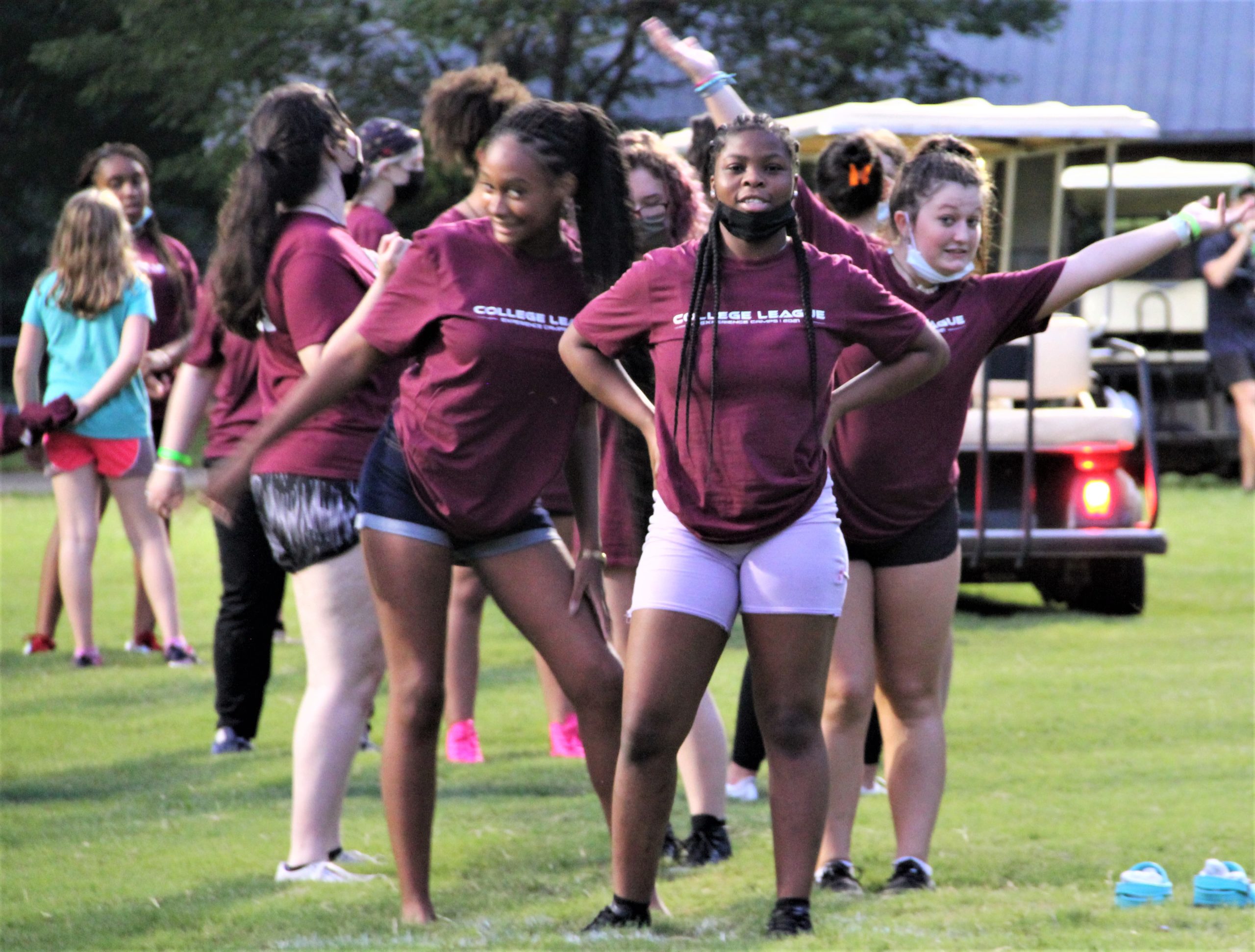The Racial Grief Gap
There is a definitive grief gap
While it has been relatively hidden, in our society there is a definitive gap when it comes to race, and more and more people are starting to understand the scope of this issue. Data shows that Black and Brown children are disproportionately impacted by grief: They are 2X more likely to have a father die and 3X more likely to have a mother die compared to White children. Indigenous children lost caregivers at rates of nearly four times the rate of White children. Following these trends, 65% of children orphaned as a result of COVID are of a racial or ethnic minority.
The pandemic’s outsized impact on these groups has only exacerbated the racial grief gap we have observed in our own programs: children of color experience death and grief at earlier ages, and more frequently, than White children. This compounds existing inequities that impact health and well-being, including access to education, housing, and healthcare.
Race and our camper population
In 2023, 40% of our campers identified as non-White races (Black/African American, Asian, LatinX, Indigenous, multiracial, and others). This is a topic very much on our minds, and we aim to break down barriers to support for children of color who have experienced death-losses by doing the following:
- Scaling: Increase support to children of color through camp by increasing our outreach efforts to communities that are underrepresented at camp. Increase accessibility and equity in our application process.
- Doing our own research: Conduct rigorous, “day-in-the life” ethnographic research into the lives of grieving children outside the camp environment, with the goals of identifying barriers to grief support, particularly for children of color, informing program development, and uncovering insights to raise awareness of and solutions for the issues that grieving children of color are facing.
- Going beyond the bunk: While we make sure our camp is free of cost, we know there can be other barriers for kids attending camp. We are therefore working hard to create new and innovative programming to meet kids where they are, normalize their grief and help them develop coping skills and a community of support.
